Congratulations on the new addition to your family! In order to keep your puppy healthy, they will need regular vaccinations, worming and flea control. At Folly Gardens we recommend the following:
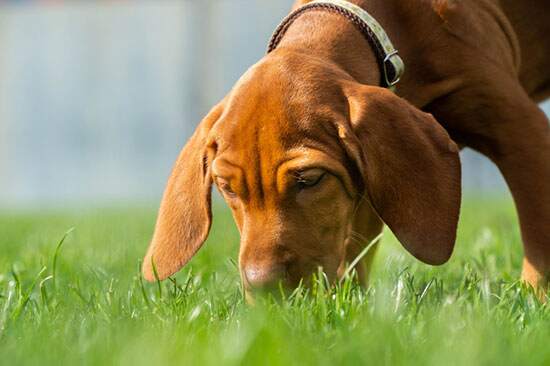 Vaccinations for your puppy
Vaccinations for your puppy
To administer the first vaccination, puppies will need to be at least 6 weeks old to avoid interfering with maternal antibodies. This is often arranged by the breeder before you collect your puppy. The first appointment with a vet is not only to administer the first or second vaccination but also to carry out a thorough health check on your puppy.
The vet will advise you on worming and flea treatment suitable for your puppy and you will be given the opportunity to discuss a complete nutritional plan that would best suit your puppy’s individual need. You are more than welcome to ask any questions that you may have about your new four legged family member.
This starts the course of vaccines that will protect your puppy from Distemper, Hepatitis, Parvovirus, and very importantly Leptospirosis which is a zoonosis i.e. transmissible to humans.
The second vaccine is given 2 weeks after the first, or once your puppy is 10 weeks old, and the third and final vaccine 4 weeks after the first. Your puppy will not be immune to the diseases immediately and so should not be allowed out on the ground outside of your garden until two weeks after the final vaccination. However, young pups need to see the world, so we recommend carrying your pup out and about if possible to experience different noises and people, as well as cars and bikes etc.
During this consultation you will be offered 4 weeks free insurance with Pet Plan. This is based on the vet signing to declare they are fit and well. There is no obligation to buy a policy and injury cover starts immediately. Cover for illness will start in 14 days.
Kennel Cough Vaccination for your puppy
Kennel cough is a nasty, hacking cough which easily spread between dogs, not just restricted to the kennels environment. We prefer to call it “the social cough” as a simple trip to the park, on a walk or meeting dogs at an obedience class is all it takes to pick up the disease, basically anywhere that dogs meet and share the same airspace.
The vaccine is a fluid dribbled into the nostrils (intranasal). Usually young puppies tolerate this vaccine well, and a yearly booster will then be necessary lifelong. All good Kennels will request a vaccination certificate that is up to date.
Find out more about getting your puppy vaccinated
Worming and Flea Treatment for your puppy
Puppies need to be treated for worms every 2 weeks until they are 12 weeks old, then monthly lifelong, but depends on the product used. As vets, we can advise you on the most appropriate, effective, and safe treatment for your pets individual needs.
Worming is very important for the health of your puppy and the whole family, as some nasty diseases can be passed on, especially to small children. In rural communities worms can cause serious disease to farm animals which can be passed onto humans. We recommend teaching children from an early age to wash their hands and avoid allowing the puppy to lick their faces.
Regular flea treatments prevent infestations which can be very difficult to get rid of! The flea can also transmit the tapeworm so both need to be kept up to date. It is important to regularly weigh your growing puppy to ensure they are developing normally and the correct dose of worming and flea treatments are given.
Our nurses can offer weight, socialisation, nutrition, worming and flea treatment consultations that can be booked at your convenience.
Flea and worm treatment is included in our Pet Health for Life plan! Find out more here.
Microchipping your puppy
It is now a legal requirement to have your puppy microchipped and to keep the details held on the chip up to date. This is normally arranged by the breeder before the puppy is sold. If your puppy has not been micro chipped, this can be arranged with one of our vets or nurses.
Microchipping helps to keep track of your pet, so if they did go walkabout, you’ll have the best possible chance of being reunited. The details are kept on a secure national database and any vet surgery or rehoming centre can scan your dog to find their owner.
Microchipping is included in our Pet Health for Life plan! Find out more here.
Neutering your puppy
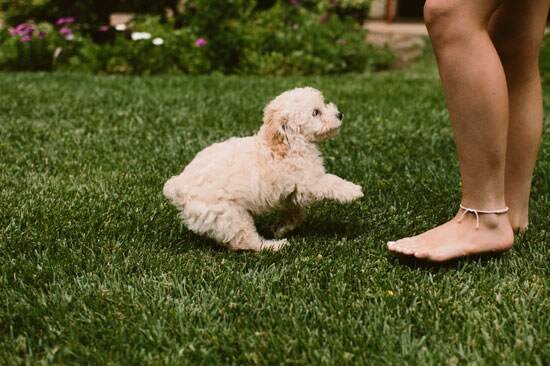 Male dogs can be castrated from around 5-6 months of age as long as both testicles have descended. If one or both testicles fail to descend by 10 months, they will need to be surgically removed to prevent the risk of cancer. There are various advantages for castration, these include:
Male dogs can be castrated from around 5-6 months of age as long as both testicles have descended. If one or both testicles fail to descend by 10 months, they will need to be surgically removed to prevent the risk of cancer. There are various advantages for castration, these include:
- Prevention of unwanted breeding (please note, males can continue to be fertile for 3-4 months after castration).
- Risk of testicular tumours are eliminated.
- Prostatic and anal tumour incidence is reduced.
Other possible advantages of castration which cannot be guaranteed are:
- Prevention of roaming.
- Reduction of excessive libido.
- Reduction of aggression.
- Reduction of smell of urine.
Female dogs can be spayed at 6 months before their first season occurs. If the bitch has had her season, the best time to spay her would be 10-12 weeks after the end of her season.
This is midway between cycles, which occur on average every 6 months.
We would recommend spaying after a season for large breed dogs. Some advantages of spaying are:
- Bitches spayed before the first season are less likely to develop mammary carcinoma (breast cancer).
- All spayed bitches benefit from not having seasons anymore.
- Seasons may be followed by phantom pregnancies.
- Nuisance attentions of amorous male dogs are avoided.
- Preventing pyometra (pus in the uterus) which is usually life-threatening and more common in older bitches, although can occur in younger animals.
- Ovarian tumours can also occur. This is avoided in bitches which have been spayed.
Some disadvantages of spaying are:
- Urinary incontinence in later life has been linked to spaying when very young, before 5-6 months of age.
- The bitch may be prone to weight gain, however being aware of this beforehand will help prevent this from occurring by managing their diet appropriately
Enjoy 10% discount on neutering with our Pet Health for Life plan! Find out more here.
Puppy Dental Hygiene
Dental care is very important throughout the life of your dog. We recommend getting puppies used to tooth brushing from a young age, just a few minutes a few times a week can greatly reduce the build up of plaque which leads to tartar and causes problems later in life. A child’s toothbrush or finger brush can be used and a special doggy toothbrush can be purchased.
Human toothpaste is not suitable due to the foaming action (and taste!). Dental chews and products to add to food or water are also very helpful.
Puppy Diet and Nutrition
It is important to feed the correct diet to your puppy according to life stage and breed size. We stock Royal Canin feeds as we believe them to be an excellent product. We can advise you on the right diet for your puppy from the start.
Common Dangers
- Common everyday things that are toxic to dogs include chocolate, onions, zylitol, grapes and raisins. Ingested items such as medications, socks and balls are also potentially life threatening and immediate veterinary attention should be sought.
- Foods high in fat can trigger pancreatitis (a painful digestive disorder) such as cheese, sausages etc.
- Certain large, giant or deep chested breeds, in particular Irish setters, mastiffs, Weimerannas and Rottweillers can suffer from a condition known as bloat (clinical term Gastric Dilation Volvulus or GDV). It is a life-threatening condition and signs to look out for are a sudden swelling tummy, panting, restlessness with possible belching or the dog trying to vomit but nothing coming out.
- We recommend leaving an hour after a meal before exercising your dog as running on a full tummy can initiate bloat. This is a medical emergency, and a vet needs to see your dog as soon as possible.
- A very common problem we see in the summer months is grass seeds trapped down ears and between toes. By keeping the fur trimmed between the toes and round the ears reduces the risk of these pesky awns working their way in.
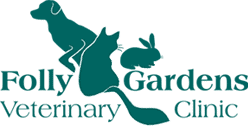
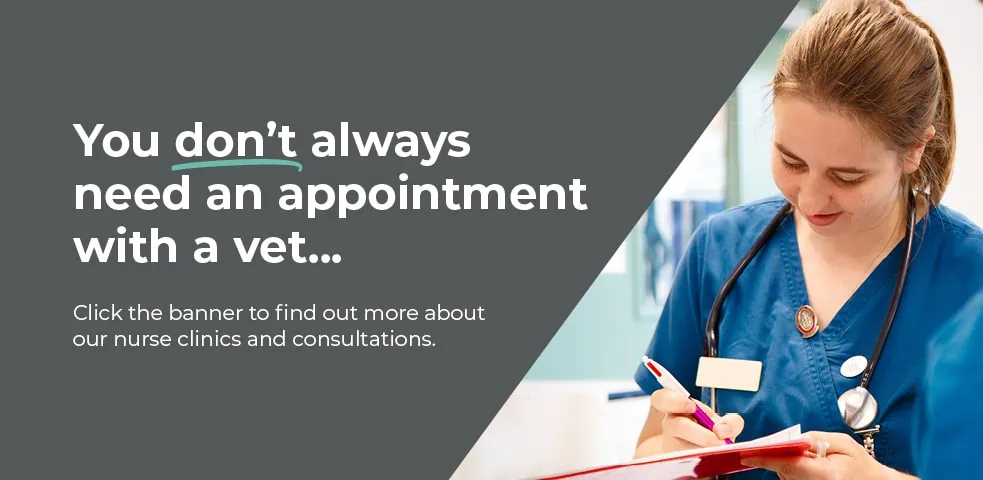

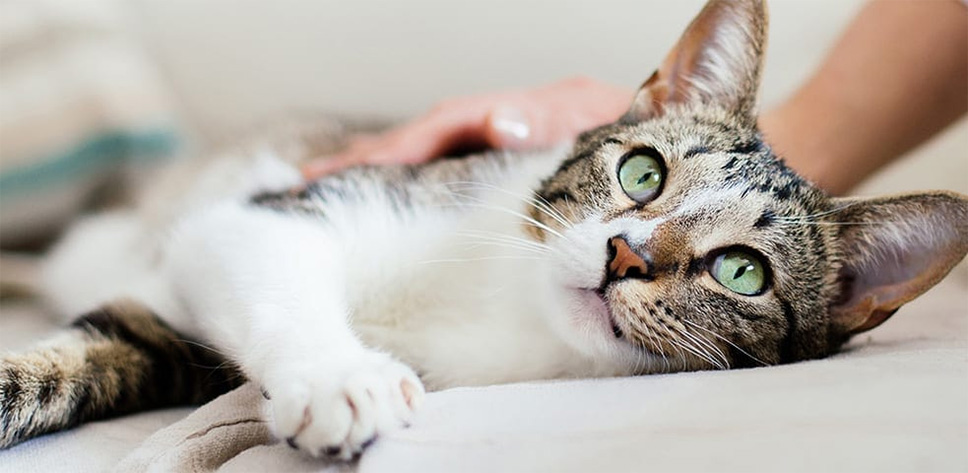

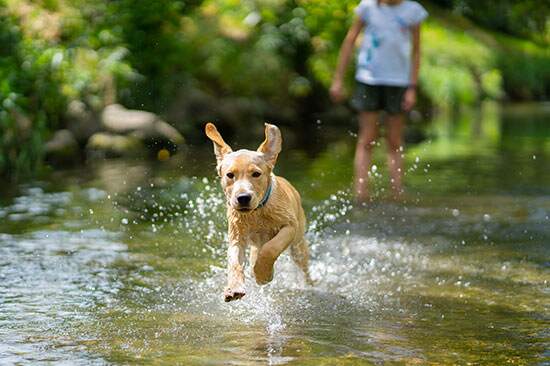

Over 30 years of caring for our clients pets’ well-being